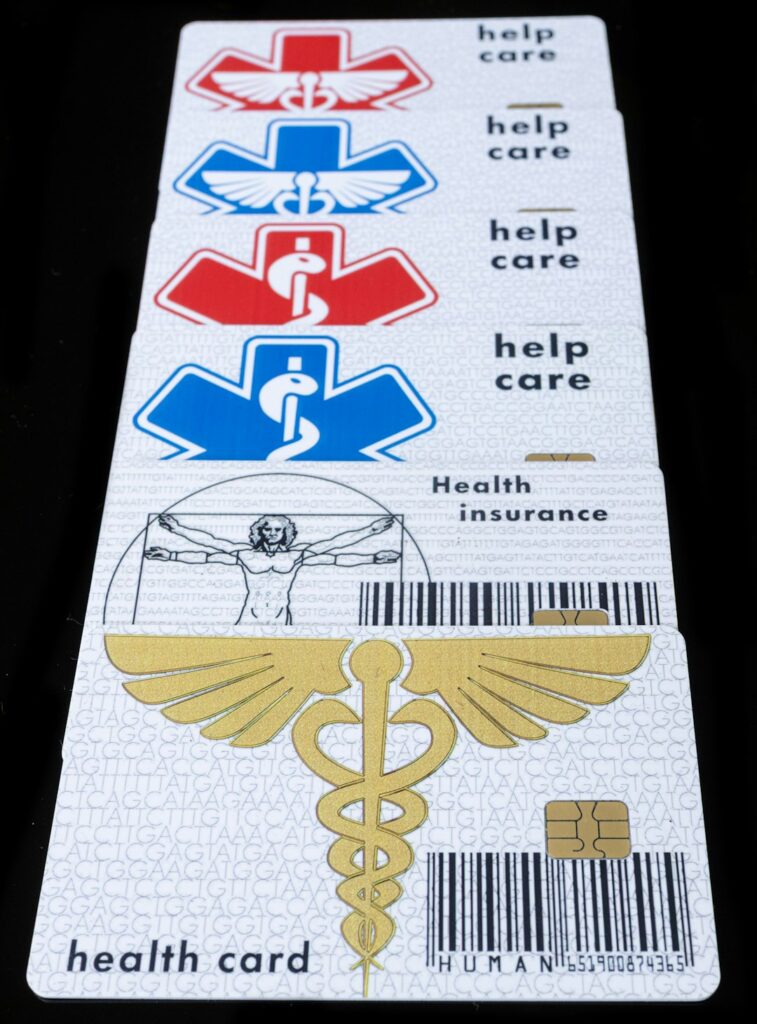AI Tools for Healthcare: Revolutionizing Patient Care
AI healthcare applications are transforming the way healthcare providers deliver services, enhancing patient outcomes, and improving operational efficiencies. From data analysis to predictive modeling, these tools are paving the way for a smarter, more responsive healthcare system.
The Role of AI in Diagnostics
One of the most significant applications of AI in healthcare is diagnostics. Machine learning algorithms can analyze vast amounts of data from previous cases to identify patterns and potential health issues.
Improved Imaging Analysis
Radiology has greatly benefited from AI tools, which can process medical images with notable speed and accuracy. These algorithms can detect anomalies such as tumors earlier than traditional methods, allowing for timely interventions.
Predictive Analytics
By utilizing AI applications, healthcare professionals can predict disease outbreaks and patient deterioration. Predictive analytics models assess data trends and historical health records, enabling proactive rather than reactive care.
Patient Management and Engagement
AI healthcare applications extend beyond diagnostics to include patient management systems that improve engagement and administrative processes.
Personalized Treatment Plans
With the help of AI, healthcare providers can create personalized treatment plans based on individual patient data. Machine learning can analyze patient responses to various treatments, optimizing future care strategies.
Virtual Health Assistants
AI-driven virtual assistants can provide patients with instant responses to their health-related questions, medication reminders, and appointment scheduling. This 24/7 availability fosters better patient engagement and adherence to treatment schedules.
Enhancing Operational Efficiency
AI applications also play a critical role in streamlining healthcare operations, reducing overhead costs, and improving resource allocation.
Automating Administrative Tasks
Healthcare facilities often face administrative burdens. AI tools can automate tasks such as patient scheduling, billing, and compliance documentation. This not only saves time but also reduces the risk of human error.
Data Management and Security
AI helps maintain patient data security by detecting potential breaches and ensuring compliance with healthcare regulations. Advanced algorithms can analyze patterns and alert providers to unusual activities, safeguarding sensitive information.
Challenges and Future Prospects
While the potential of AI healthcare applications is vast, challenges exist that must be addressed to ensure their effective integration.
Data Privacy Concerns
Patient data privacy remains a significant issue as healthcare organizations harness AI tools. Ensuring appropriate data handling and consent will be central to maintaining trust in AI-driven solutions.
Continuous Learning and Adaptation
The healthcare landscape is ever-evolving. AI systems must continuously learn and adapt to new clinical guidelines and patient needs. Ongoing training of AI tools is essential to keep them relevant and effective.
Conclusion
AI healthcare applications are set to revolutionize the healthcare industry, leading to improved patient outcomes, enhanced operational efficiencies, and personalized care. As technology evolves, embracing these tools will be crucial for healthcare providers aiming to deliver top-notch services in an increasingly complex environment.
The Benefits of AI Healthcare Applications
AI healthcare applications are transforming the way medical professionals approach diagnosis and treatment. One significant benefit is the enhancement of diagnostic accuracy. By employing machine learning algorithms, AI tools can analyze medical images with remarkable precision, identifying abnormalities that might be overlooked by the human eye. This boosts the overall diagnostic process, allowing for early detection of conditions such as cancer, which is critical for effective treatment.
Streamlining Administrative Processes
Another vital advantage of AI healthcare applications lies in their ability to streamline administrative tasks. Healthcare providers face an ever-increasing volume of paperwork and scheduling complexities. AI-driven tools can automate routine administrative duties, such as patient scheduling, billing, and record-keeping, significantly reducing the workload for healthcare personnel. This not only improves efficiency but also allows medical staff to focus more on patient care rather than clerical responsibilities.
The Role of AI in Personalized Medicine
Personalized medicine is another area where AI healthcare applications are making a substantial impact. By analyzing a patient’s genetic makeup, lifestyle, and environmental factors, AI systems can assist healthcare providers in developing targeted treatment plans. This level of customization ensures that patients receive therapies that are more likely to be effective, minimizing the trial-and-error approach that can often characterize medical treatments. As AI continues to improve, the prospect of truly personalized healthcare becomes more viable, promising better outcomes for patients.
Predictive Analytics for Better Outcomes
AI healthcare applications are also key players in the domain of predictive analytics. By evaluating vast amounts of data from various sources, including patient histories and clinical studies, AI can forecast potential health risks before they manifest. For instance, predictive models can identify patients at high risk for conditions such as diabetes or heart disease, enabling proactive measures to be taken. This not only enhances individual patient care but also contributes to broader public health strategies by reducing the incidence of chronic diseases.
The Future of AI in Healthcare
As we look ahead, the future of AI healthcare applications seems promising. Advancements in natural language processing and data analysis are paving the way for AI systems capable of understanding complex medical information and providing actionable insights. Furthermore, the integration of AI tools with electronic health records (EHRs) can create a seamless flow of information, improving collaboration among healthcare providers.
Ultimately, as the technology continues to evolve, AI healthcare applications will likely become indispensable in crafting a more efficient, effective, and patient-centered healthcare system. The potential for innovation in diagnosis, treatment, and overall patient management is vast, and embracing these tools represents a crucial step towards a healthier future.


